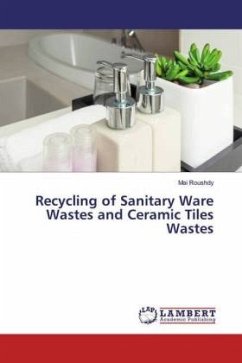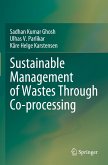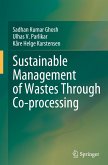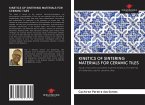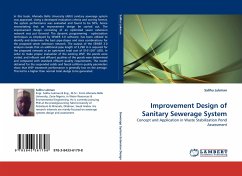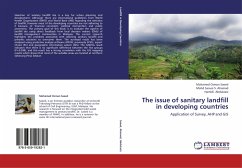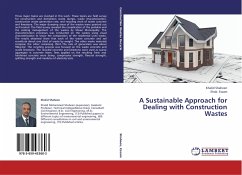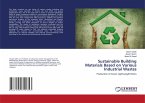Ceramic tiles industry is a big source for wastes that have a bad effect on the environment. The first source of waste is associated with roller kilns as it needs a periodic surface grinding to its rollers which results in a waste powder. The second type of waste is ceramic tiles sludge which produced from a water treatment plant. The third waste is sanitary ware waste which coming out from sanitary ware industry. The main aim of this paper is to investigate the ability of substituting part of the main body mixture of floor tiles by these three types of waste powder. Many Experiments were done on the raw materials. Rectangular tile specimens were molded, dried and fired. Sintering parameters and mechanical properties were determined. The sample that consist of 2% Roller Kiln, 39% Ceramic tiles sludge, 15% sanitary ware waste, and 44% Floor tiles mixture has the optimum properties.
Bitte wählen Sie Ihr Anliegen aus.
Rechnungen
Retourenschein anfordern
Bestellstatus
Storno

